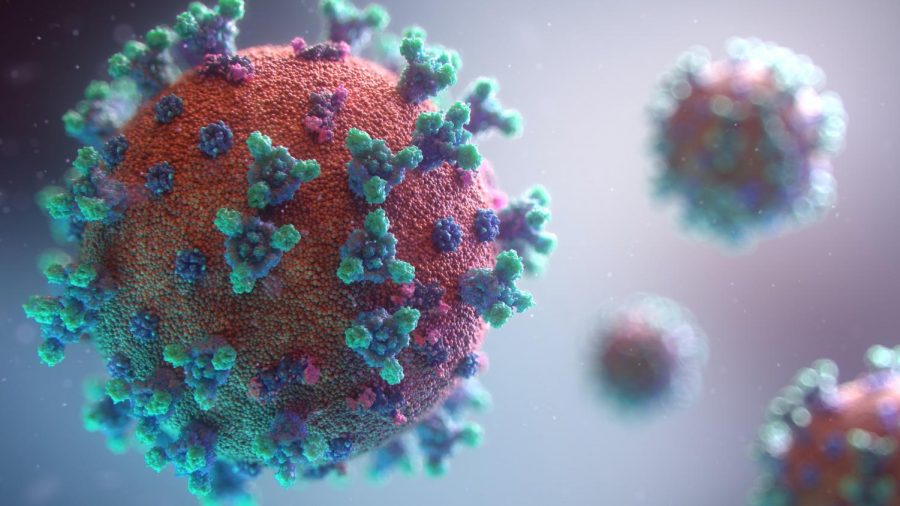New coronavirus variants emerge, vaccine companies study possible booster shots
February 27, 2021
On Dec. 14, 2020, the U.K. reported a new concerning mutation of COVID-19, called B.1.1.7. By Jan. 15, 2021, 76 cases of the B.1.1.7 variant had been confirmed across 12 states in the U.S. In October 2020 a significant variant called B.1.351 emerged in South Africa, and as of January 2021 it has made its way to the U.S. as well. A third significant variant, P.1, emerged in Brazil, also having made its way to the U.S. in January 2021.
According to the Centers for Disease Control and Prevention website, “These variants seem to spread more easily and quickly than other variants, which may lead to more cases of COVID-19. An increase in the number of cases will put more strain on health care resources, lead to more hospitalizations, and potentially more deaths.”
The Pfizer-BioNTech and Moderna vaccines, the two that people vaccinated in the U.S. are most likely to receive, are both as effective, 95%, against the U.K. B.1.1.7 variant as they are against the common strain of SARS-CoV-2. However, the vaccine has reduced effectiveness against the B.1.351 strain from South Africa. The P.1 variant from Brazil has mutated to effectively avoid antibodies to a significant degree, meaning the current vaccinations are likely ineffective against it, as the mutation has caused many Brazilian citizens who had already been infected to become infected a second time.
“Each of the vaccine companies—and I’ve talked to all of them, both the ones approved and the candidates—have plans to continue to update their vaccines and, if need be, create boosters down the road if there continue to be additional mutants, as there likely will be,” White House Senior Adviser to the COVID-19 Response Team Andy Slavitt said in an interview with The Washington Post.



